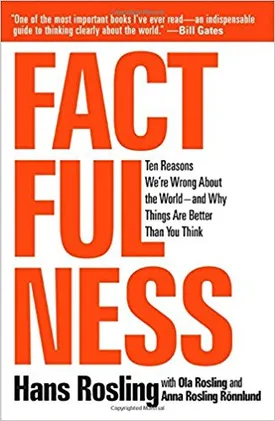Hans Rosling
Hans Rosling was a Swedish physician, academic, statistician, and public speaker. He was one of the world’s most influential educators in the field of global health and development. Born in 1948 in Uppsala, Sweden, Rosling studied medicine at the Karolinska Institute, where he completed his medical degree in 1975. He developed an interest in the health and development issues of developing countries while on medical missions in rural parts of Africa and Asia.
After completing his medical degree, Rosling dedicated himself to making accurate and objective health and development data available and easily accessible to the public. He went on to found the Gapminder Foundation in 2005, a nonprofit organization devoted to creating software and visualizations to improve public understanding of the world. With Gapminder, Rosling co-created the “Trendalyzer” software, which scrapes and visualizes development indicators of countries over time.
From 2005 to 2007, Rosling served as a professor of international health at Karolinska Institute. He went on to become a professor of global health at Sweden’s famed Uppsala University, where he held the post until his death in 2017. In these roles, Rosling sought to challenge misconceptions about the developing world and promote a holistic view of global development.
During his lifetime, Rosling wrote four books. The most instrumental in this cause was the 2006 best-seller Factfulness: Ten Reasons We’re Wrong About the World — and Why Things Are Better Than You Think. In this book, Rosling argued that the world is actually far better off than most people think it is. Using data and graphs, he proved that poverty, infant mortality, and other measures of development are not as dire or widespread as often assumed.
In the book, Rosling debunks commonly-held assumptions about global inequality and explains which countries are making progress and which are stagnating. He discusses the importance of accurate facts and data in order to adequately understand and address global development issues. Arguing against blanket statements and confirmation bias, he encourages readers to accept and examine facts without preconceptions.
For this and his contributions to global health and development, Rosling received distinction and recognition around the world. He was awarded the Volvo Environment Prize in 2004 and the TED Prize in 2012. He was featured in Time Magazine's list of the 100 most influential people in the world in 2016.
Throughout his life and career, Rosling pushed to increase the availability of accurate facts and data related to global health and development. His mission was to provide objective, corruption-free data and to help people, especially in developing countries, make informed decisions.
Hans Rosling spent his life as an advocate for global health and development. His enthusiasm for facts and dedication to human progress continues to inspire people around the world. His books and contributions to the understanding of global health and development serve as a testament to his impact on the world.

